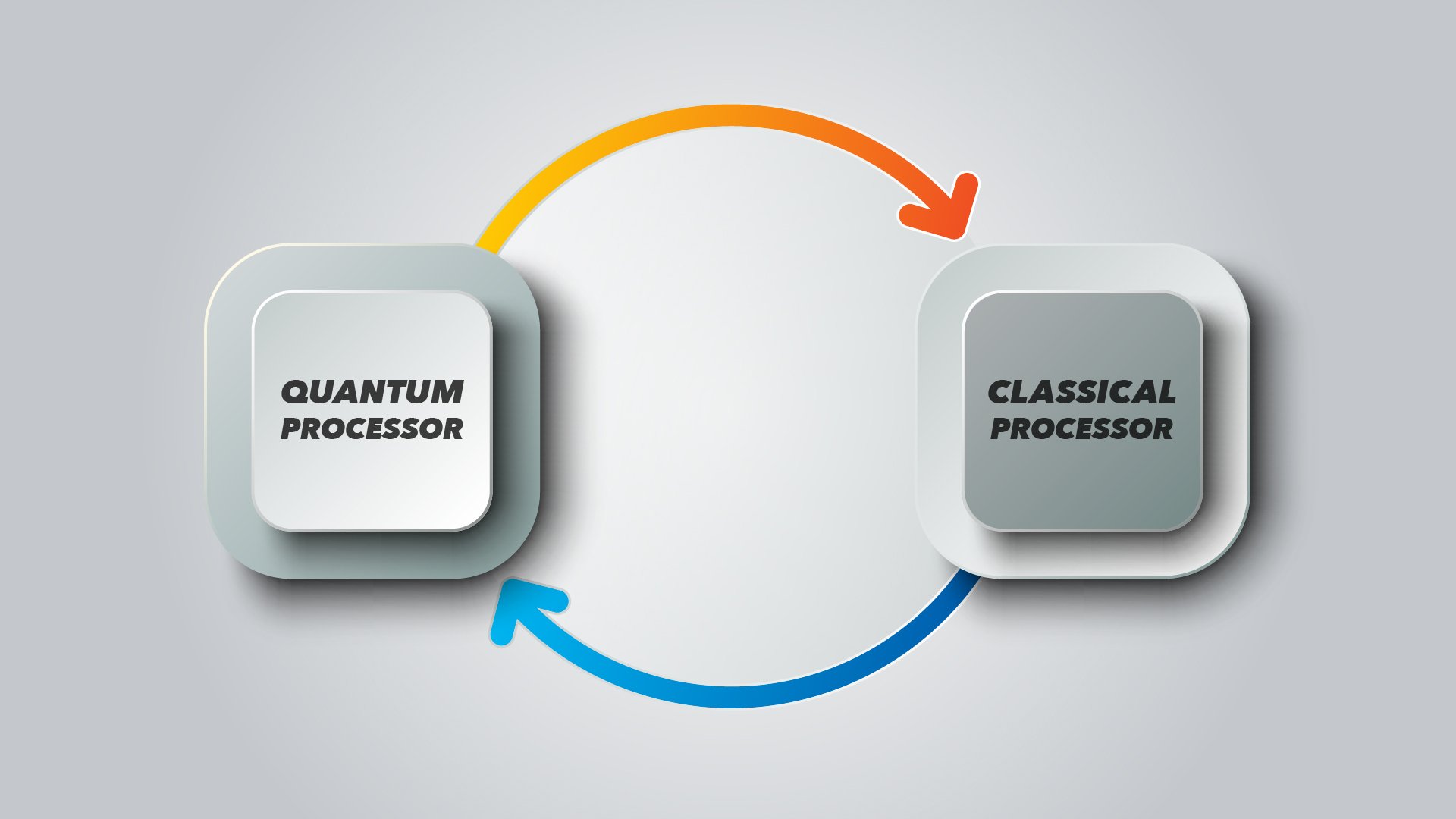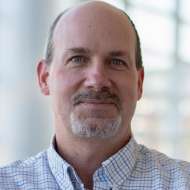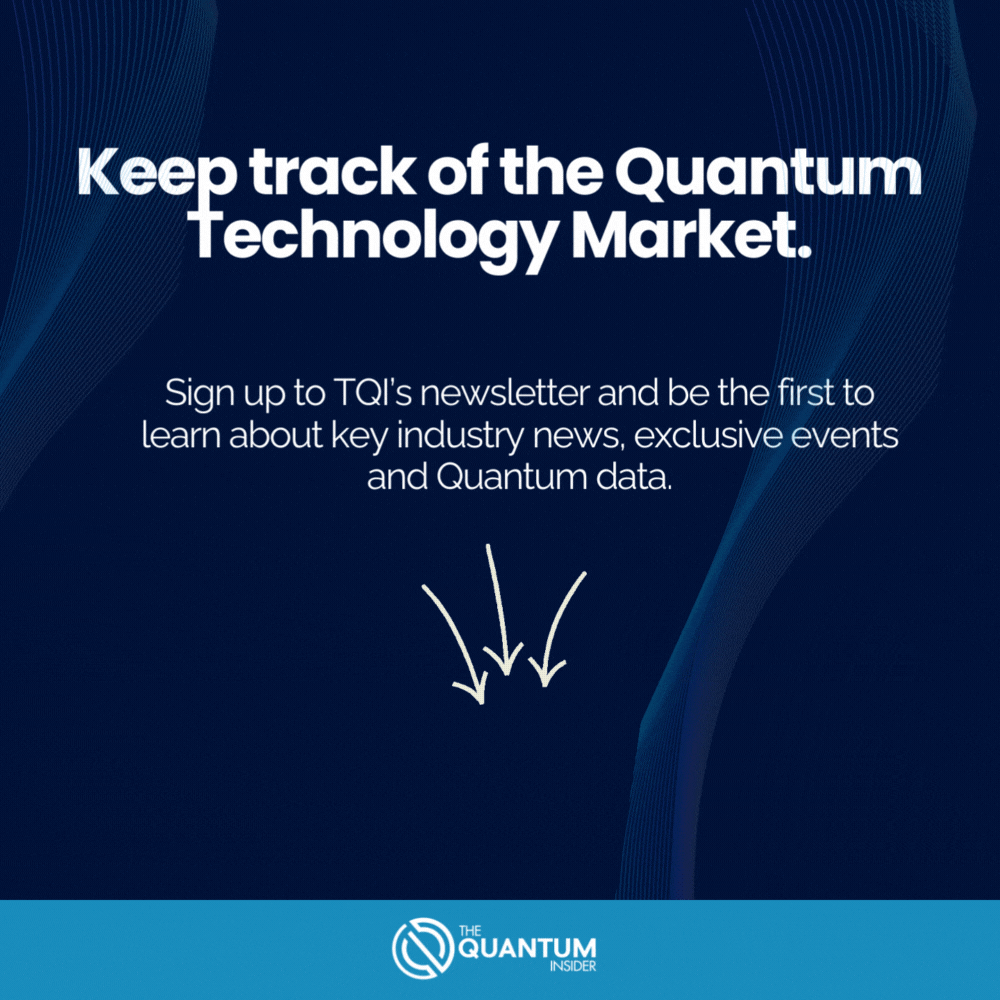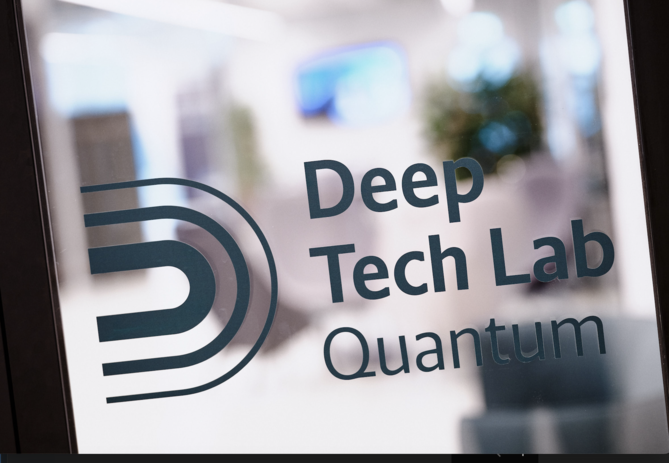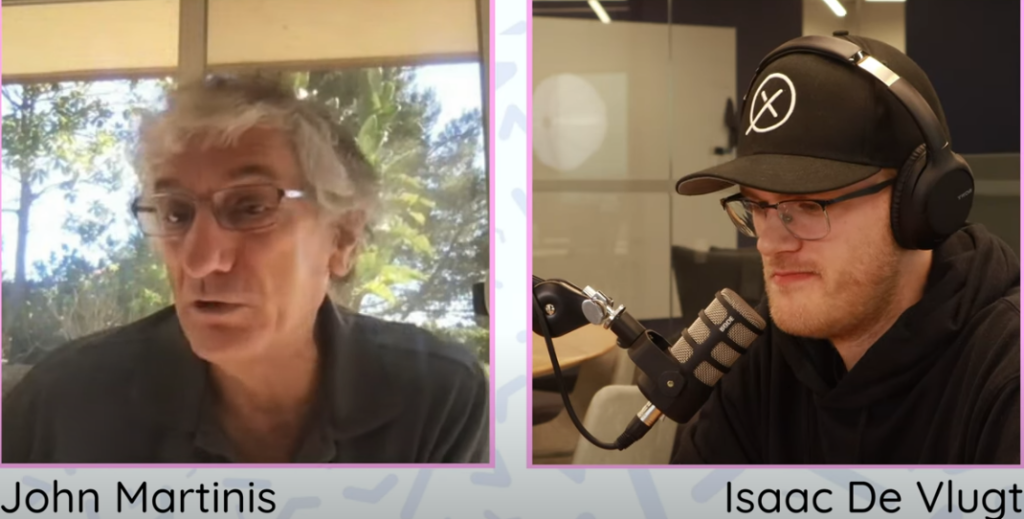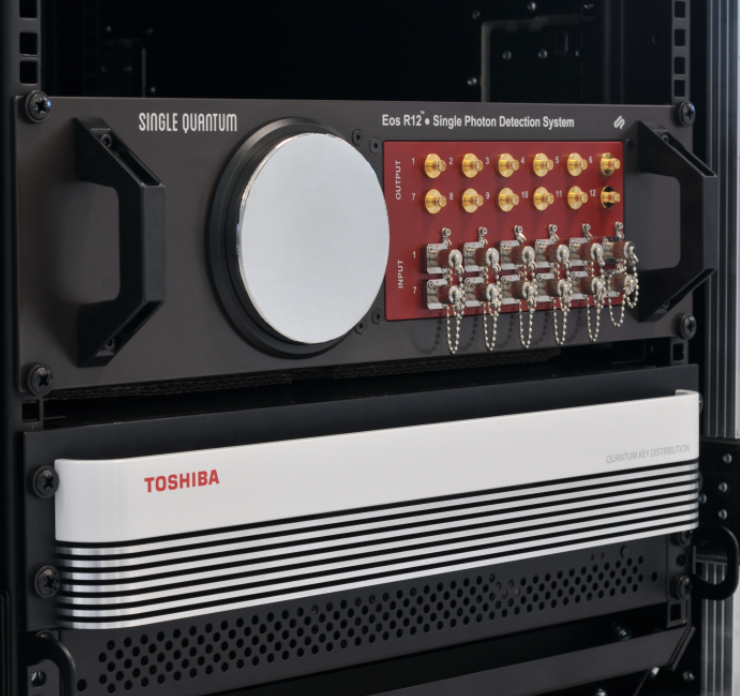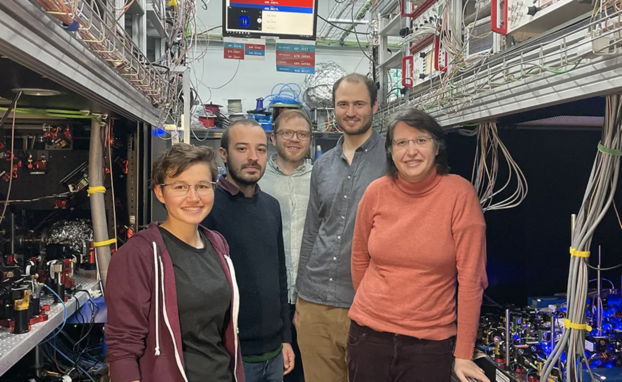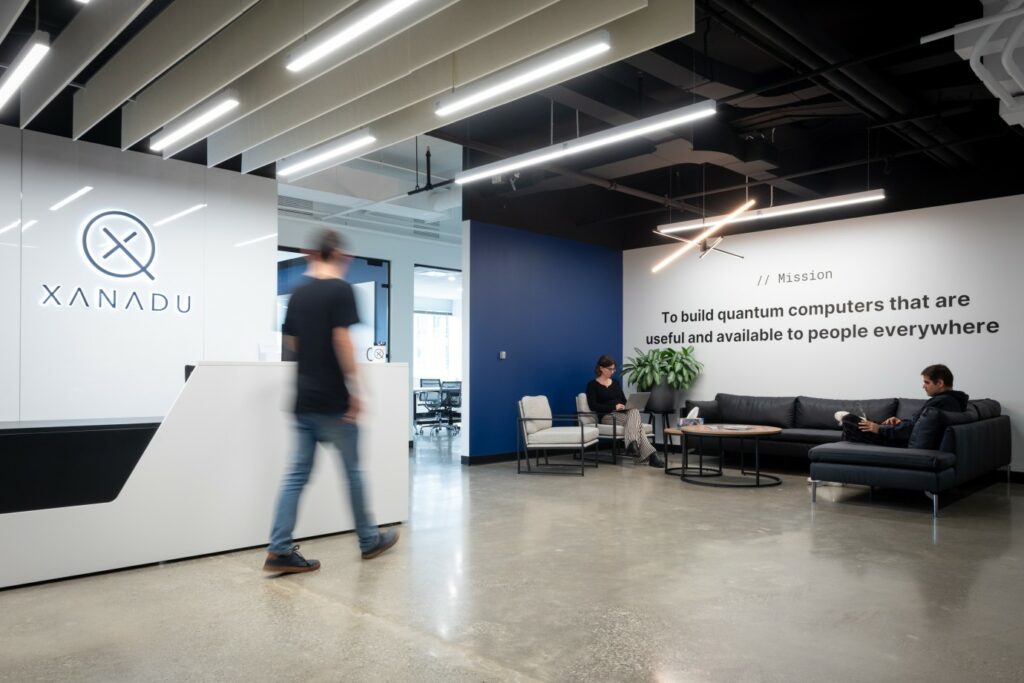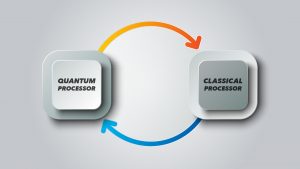
John Preskill first referred to quantum computer models that are almost ready for prime time as Noisy Intermediate-Scale Quantum devices. No disrespect to Dr. Preskill, but the moniker has something that marketers might call a branding problem.
When we think of “noisy,” we think of clunky, rattling junkers that are headed toward the scrap heap. And, “intermediate-scale” could be misconstrued to suggest, “just not good enough.”
But the Defense Advanced Research Project Agency — DARPA — wants scientists to stop thinking of NISQ — one of the few acronyms that sounds sexier than the original — as a clunker and more like a sporty pace car that will help lead the industry to full quantum, as well as serve as powerful tools in their own right.
To do that, DARPA selected seven university and industry teams to try to take NISQ to this next level in the Optimization with Noisy Intermediate-Scale Quantum devices (ONISQ) program. The initial phase of the program began in March and will last 18 months.
NISQ devices recognize that nearly anything — heat, stray magnetic fields, even cosmic rays — could interrupt the sensitive equipment that is part of the quantum information process. To compensate, these devices rely on ways to minimize that interference, especially through the use of lots of qubits and the astute implementation of error-correction codes.
Teams that accepted DARPA’s challenge will now try to develop quantum systems — which are scalable to hundreds or thousands of qubits — with longer coherence times and improved noise control. They will also be required to efficiently implement a quantum optimization algorithm on NISQ devices, optimizing allocation of quantum and classical resources.
Ultimately, though NISQ devices may not be able to perform to the standards that idealized quantum computers are predicted to operate, they may still offer real and substantial computational advantages over classical computers — also called quantum advantage.
DARPA Hard
According to Davide Venturelli, the Associate Director for Quantum AI at the Universities Space Research Association, or USRA, one of the teams selected for the DARPA program, succeeding at ONISQ won’t be an easy task, but DARPA challenges are meant to be just that — challenging.
“This program forces us to go after what they call a ‘DARPA hard problem’ — way beyond the state-of-art, way beyond something that anyone else has done,” said Venturelli.
Venturelli and his colleagues will focus on using quantum variational algorithms to solve a scheduling problem on a NISQ computer. While the scheduling problem they are tackling is a theory model, Venturelli said that a success could eventually lead to solutions for everyday problems, such as optimizing class schedules or solving logistical problems.
Squeezing Quantum Value
Besides one day solving these real-world problems, the program is also designed to address a critical problem that the quantum computing community must confront, according to Venturelli.
“The big problem that the community is facing is: before we have the technology to make quantum computers fault tolerant, how can we squeeze value out of quantumness?” said Venturelli, who before joining USRA graduated from Ecole Normale Superieure de Lyon and received his doctorate in numerical simulations of the condensed matter at the International School for Advanced Studies (SISSA) in Trieste and in Nanophysics at the Universite de Grenoble (CNRS/UJF).
Venturelli said that the Quantum Approximate Optimization Algorithm, or it’s applied implementation “Quantum Alternating Operator Ansatz” — QAOA — may be a key tool to help do just that — squeeze value out of quantumness. The algorithm has created a lot of buzz about NISQ, he added.
“This algorithm, inspired by neural networks and by variational approaches in chemistry, changed the perspective on what can be possible in the near term with quantum computers working on optimization,” said Venturelli.
USRA
As its name suggests Universities Space Research Association fosters critical relationships between NASA and universities.
”USRA was founded in 1969 at NASA’s request and under the auspices of the National Academies of Sciences” said Venturelli. Just prior to the Apollo 11 moon landing and return of the lunar samples, NASA proposed a University association chartered to advance space science and technology. The results—the formation of USRA. This non-profit organization today is not only working with NASA in lunar sciences but also in other scientific disciplines including technology development, and helps bridge private and public partnerships.
For example, in this quantum program, the association is coordinating a partnership with Rigetti, a leading quantum computing company.
“A large part of the theoretical and benchmarking work is performed by NASA’s Quantum Artificial Intelligence Laboratory, supported by USRA Academic Mission Service contract, and Rigetti Computing,” said Venturelli. “Rigetti is one of the few companies that has produced scalable superconducting quantum chips and they have been very attentive toward designing methods to running these QAOA algorithms, so we’ve found a very good partnership there.”
The Rigetti-USRA partnership is not just uniquely suited to tackle this challenge, but it’s a partnership that could help take quantum computing beyond this challenge and into market, according to Rigetti officials.
“We believe strongly in an integrated hardware and software approach, which is why we’re bringing together the scalable Rigetti chip architecture with the algorithm design and optimization techniques pioneered by the NASA-USRA team,” said Mandy Birch, Senior Vice President, Engineering Strategy at Rigetti. “DARPA has set up a challenging problem to solve that is also aligned with our development roadmap for our commercial customers. The collaboration with our colleagues at USRA and NASA under this program will help us bring even more capable quantum computers to market sooner.”
Other ONISQ Teams
According to the DARPA news release, in addition to USRA, the agency selected Georgia Tech Applied Research Corporation, Presidents & Fellows of Harvard College and ColdQuanta, Inc. in Technical Area 1, to demonstrate a hybrid quantum/classical optimization algorithm in a quantum device to solve a specific combinatorial optimization problem.
University of Tennessee, Clemson University and Lehigh University were chosen under Technical Area 2 to develop general theoretical methods to pave the way for a quantum optimization paradigm that surpasses the best classical methods for certain classes of combinatorial optimization problems.
Benchmarking will also be part of the program, with researchers making a quantitative comparison of classical and quantum approaches. In addition, the program will identify classes of problems in combinatorial optimization where quantum information processing is likely to have the biggest impact. It will also seek to develop methods for extending quantum advantage on limited size processors to large combinatorial optimization problems via techniques such as problem decomposition.
You can learn more about the DARPA ONISQ program here.
Venturelli also edits a newsletter on the latest quantum studies.


